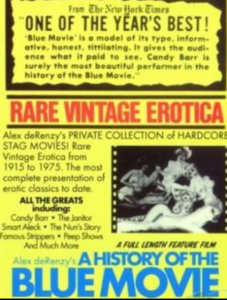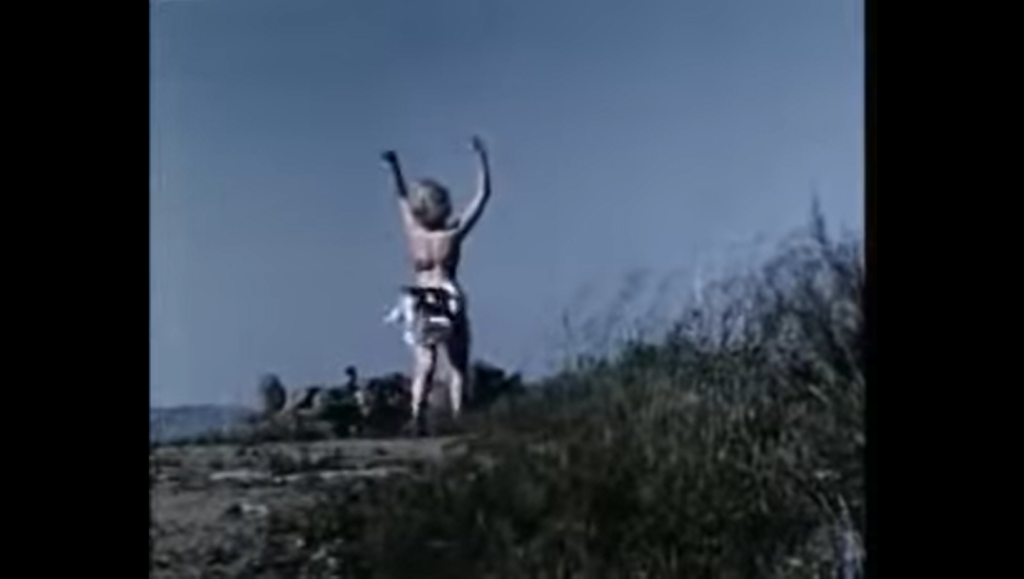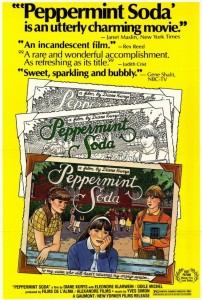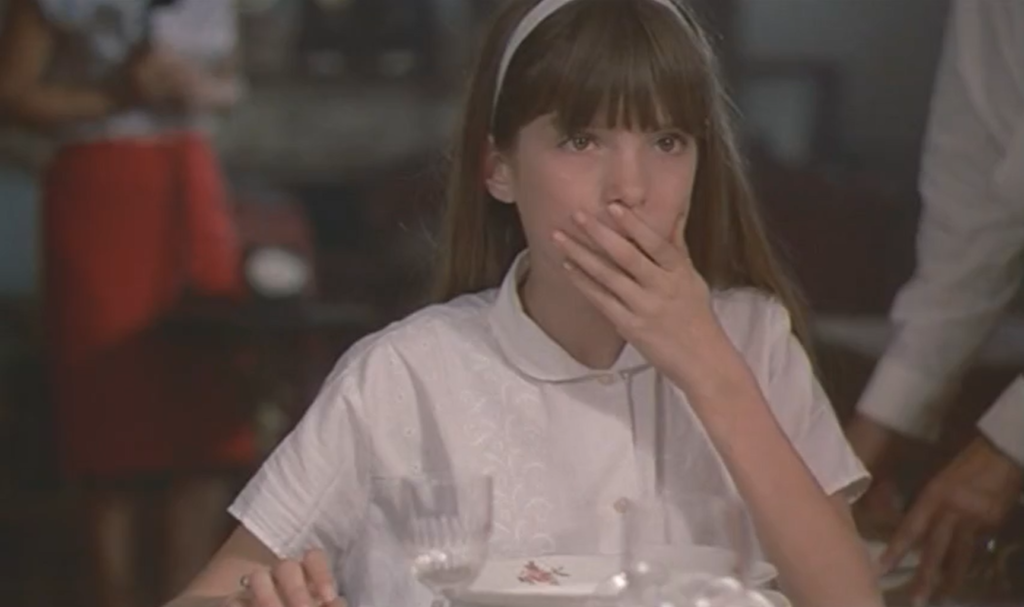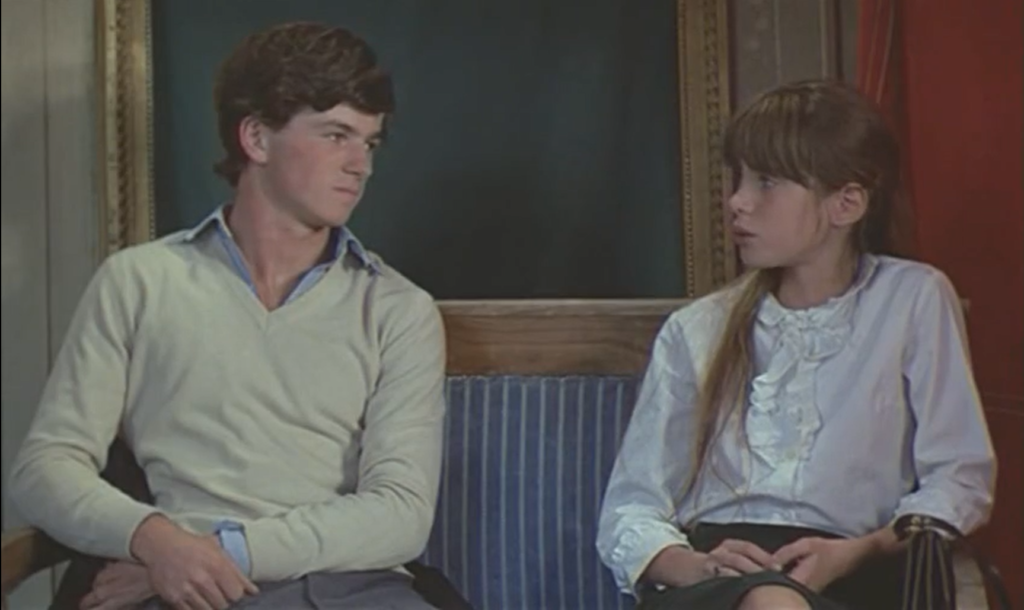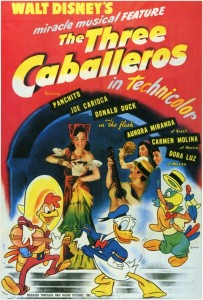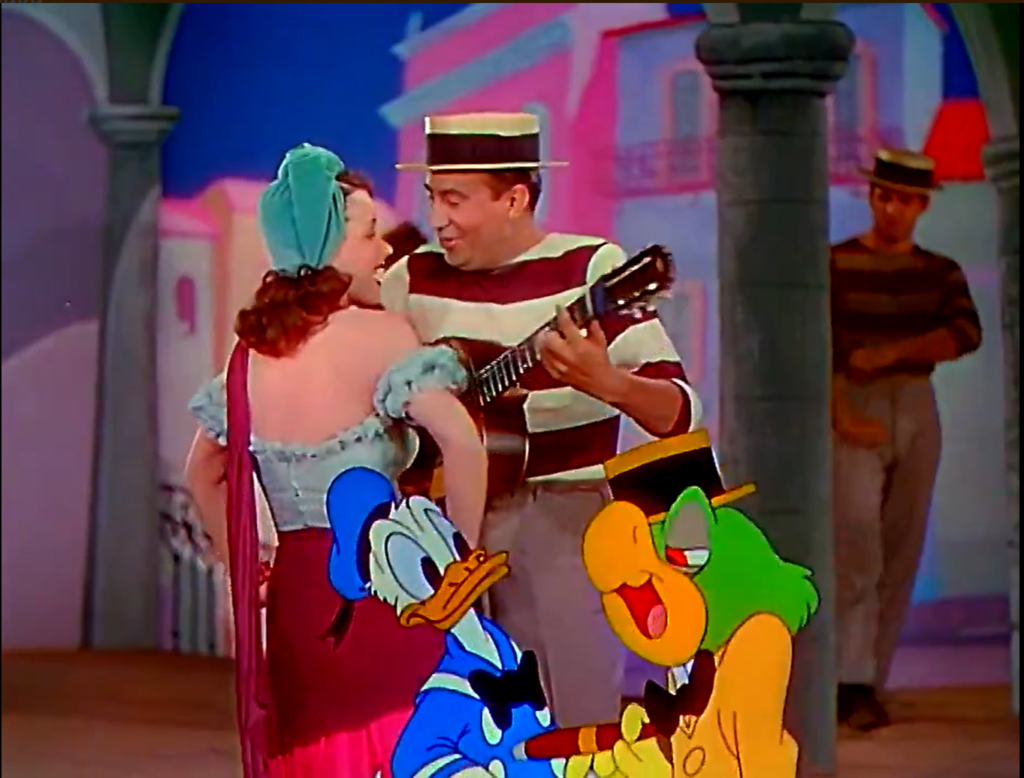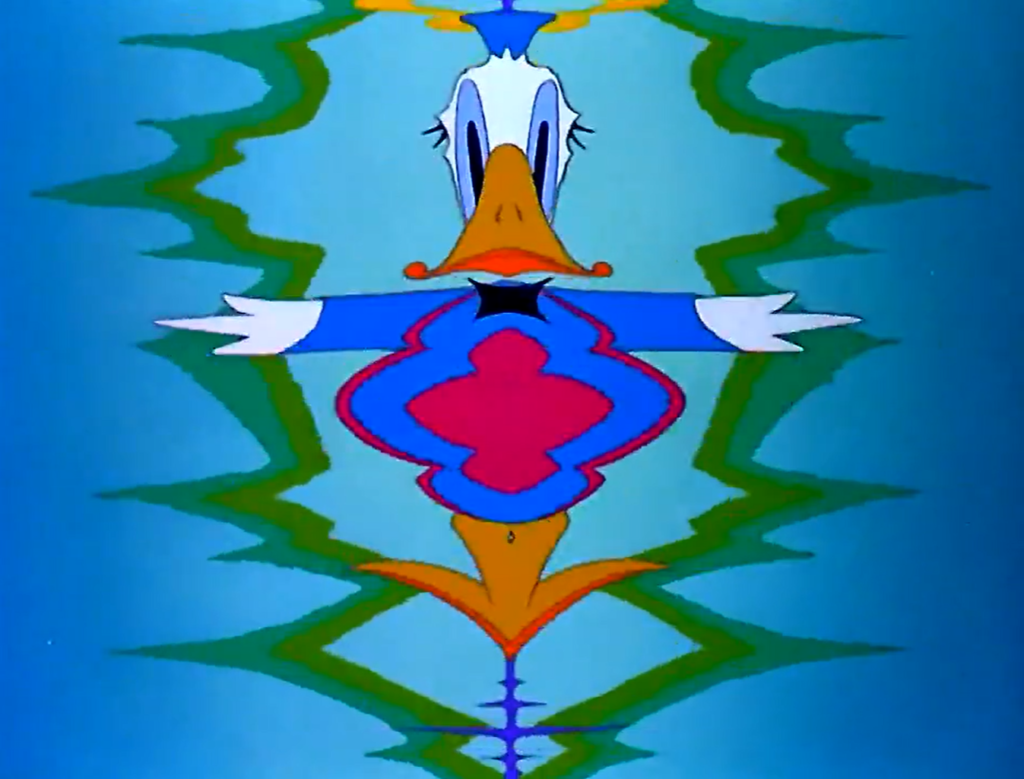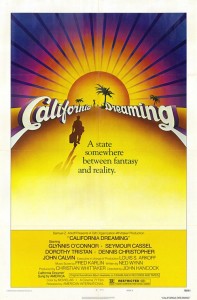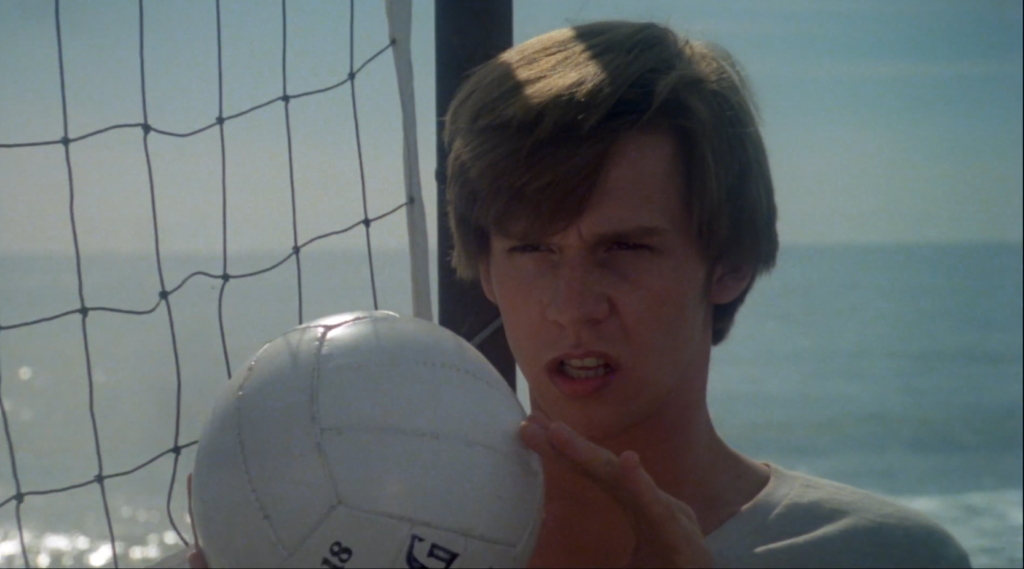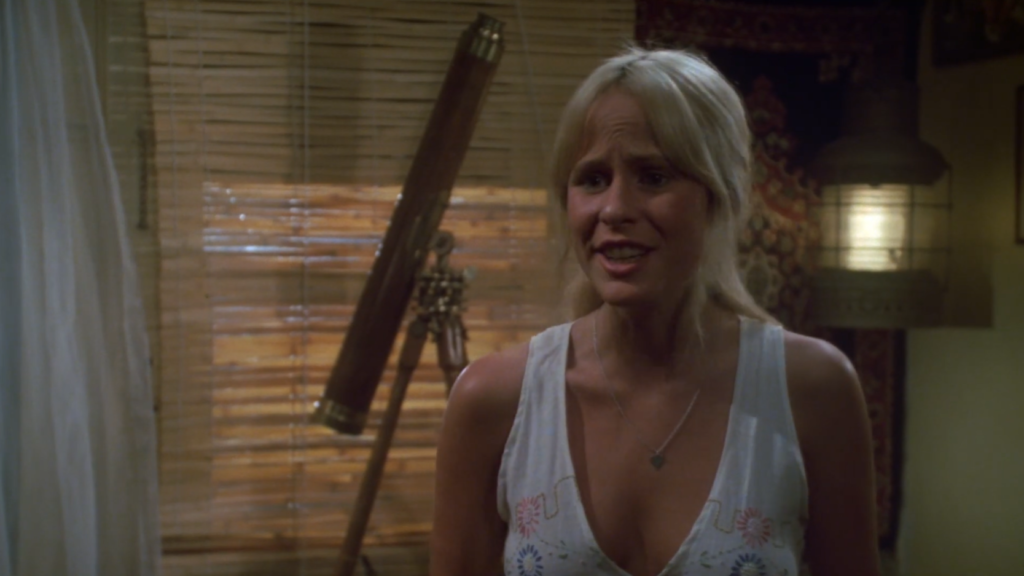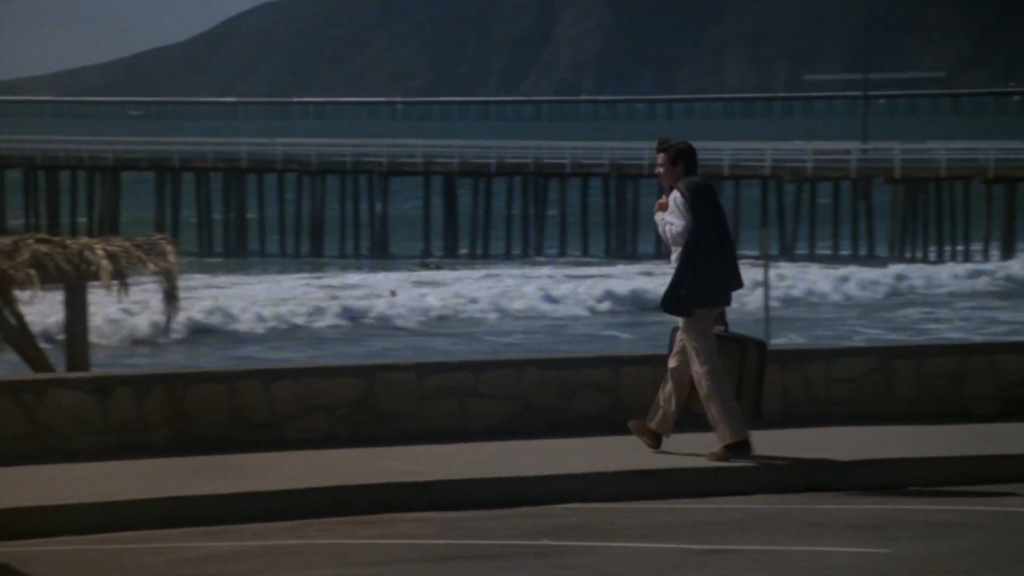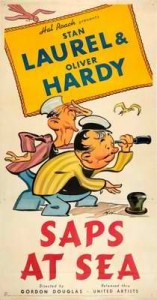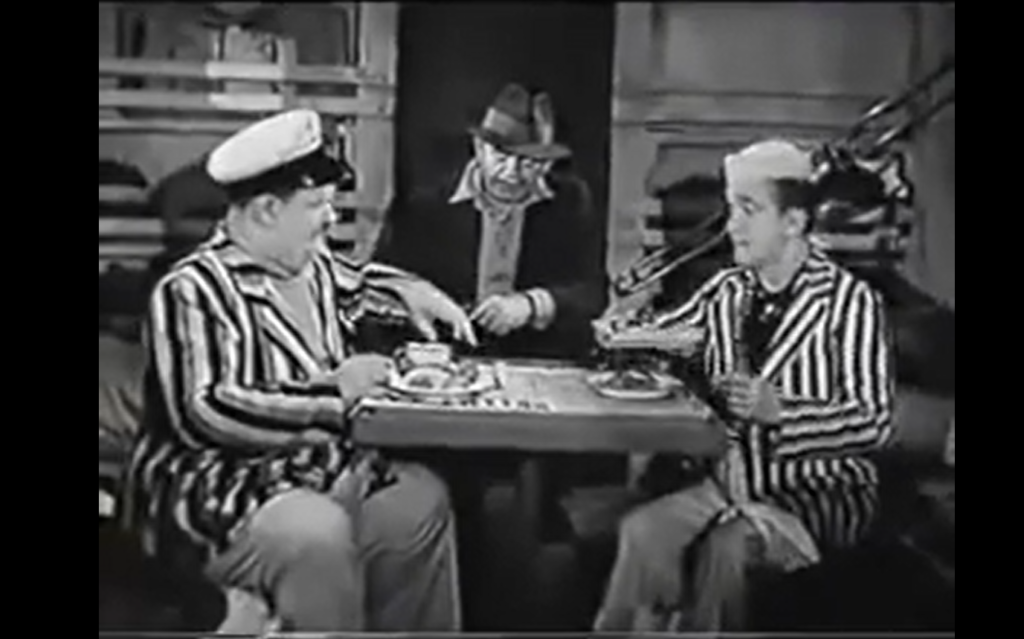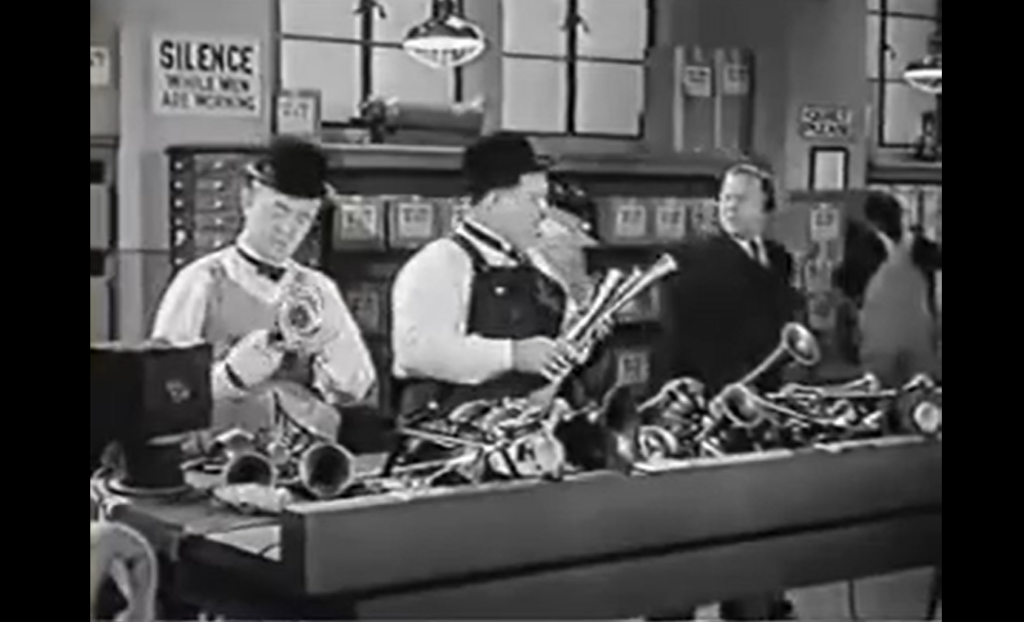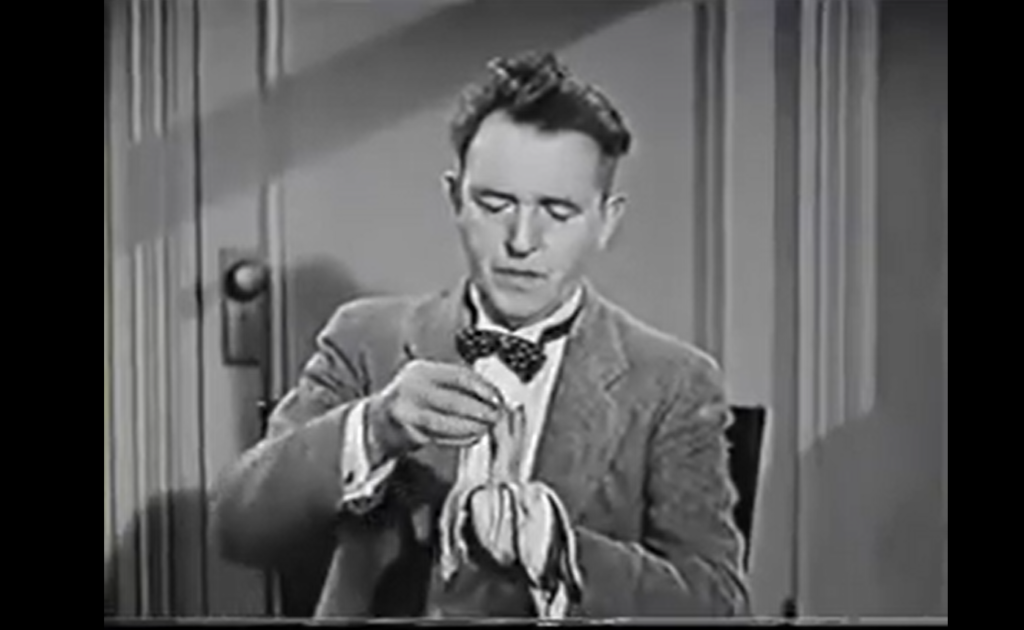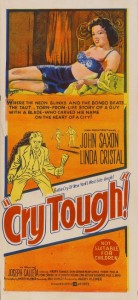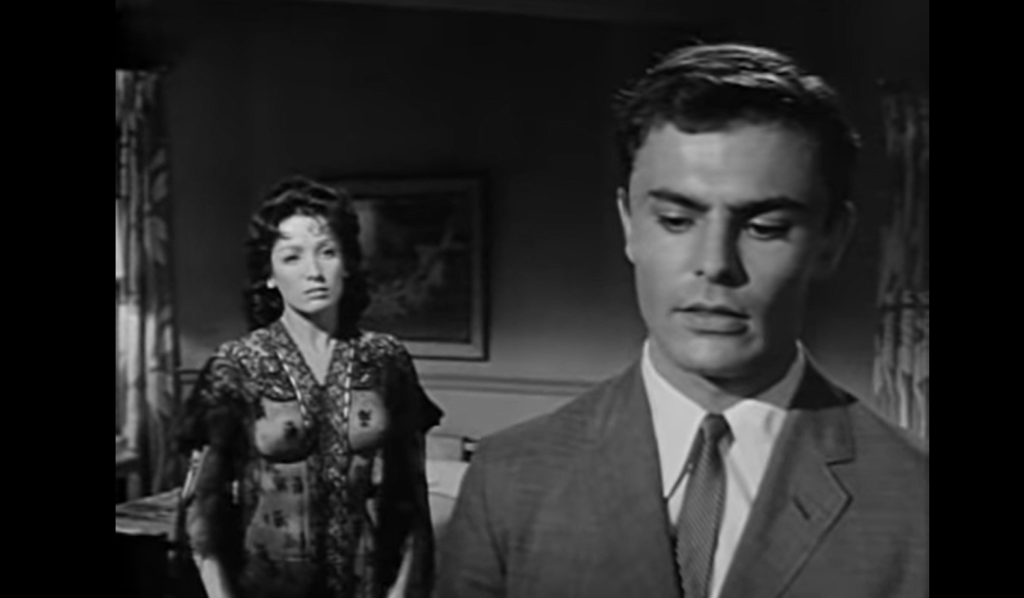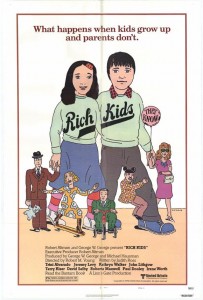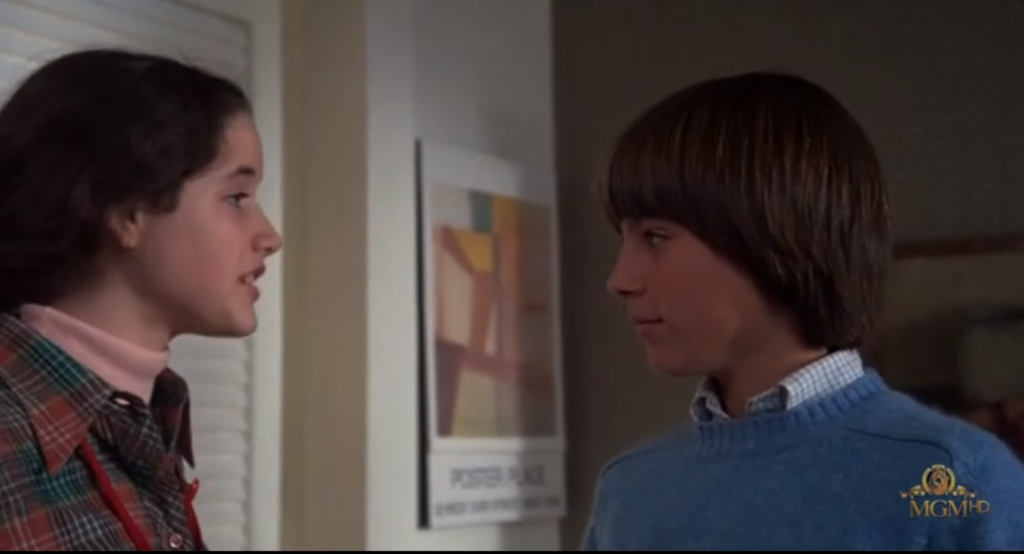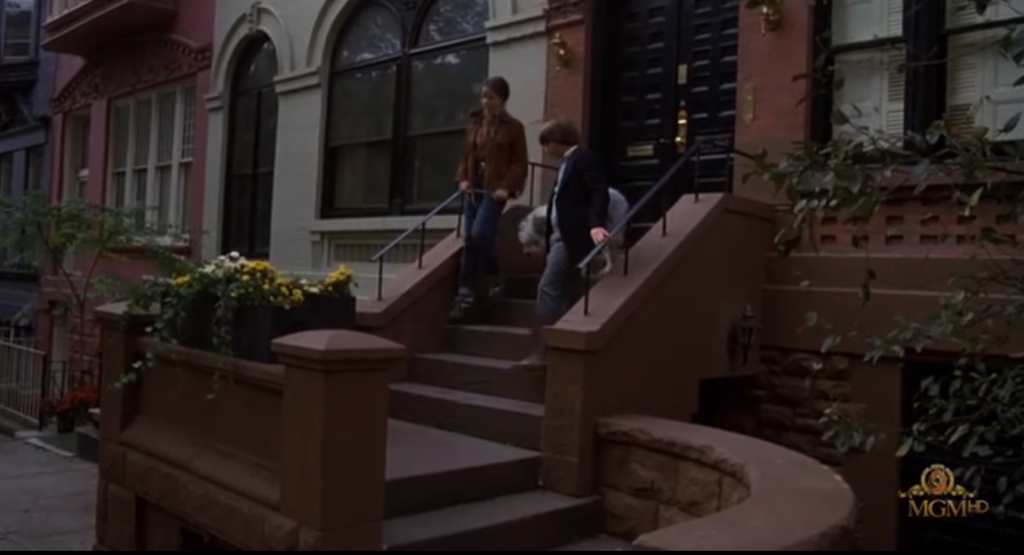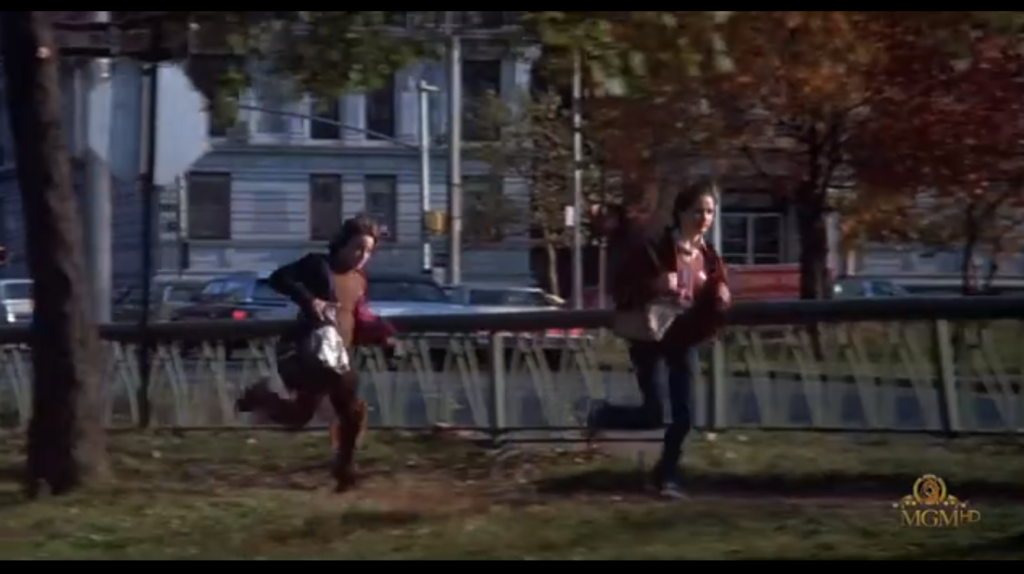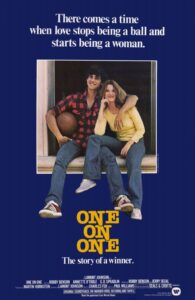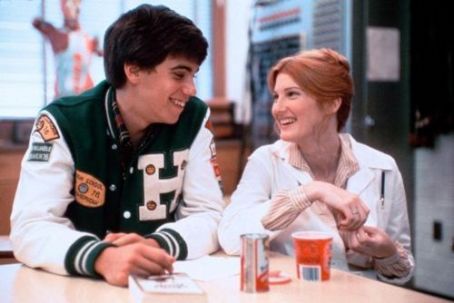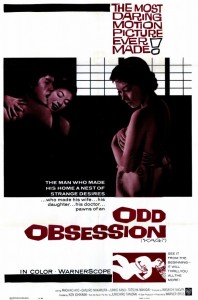“Righteousness, mercy, strength to suffer and carry pain; that I want from my son, not a mind without a soul!”
|
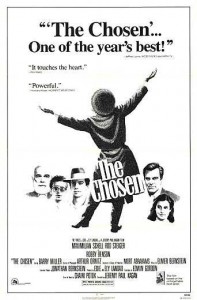
Synopsis:
In 1940s New York, a Hasidic Jew (Robby Benson) and a Modern Orthodox Jew (Barry Miller) find their friendship threatened when their fathers (Rod Steiger and Maximilian Schell) disagree on the impending State of Israel.
|
|
Genres, Themes, Actors, and Directors:
- Coming-of-Age
- Father and Child
- Friendship
- Jews
- Maximilian Schell Films
- Robby Benson Films
- Rod Steiger Films
Review:
I read Chaim Potok’s The Chosen (1967) for the first time as a teenager, and remember being utterly fascinated by the unfamiliar world of academic Judaism it evokes in such detail. Even more importantly, however, I could relate to Potok’s carefully rendered story about the throes of adolescent individuation, and a teenage friendship formed at least partly out of mutual fascination and curiosity — after all, who among us hasn’t cultivated a companion out of a desire to co-opt a bit of his or her life?
Fortunately, I was pleasantly surprised when finally watching this cinematic version of Potok’s novel, which does an excellent job distilling the essence of the book into a Hollywood drama. Robby Benson is admirably restrained here as an ultra-Orthodox Jew, and Barry Miller is equally convincing as his more liberal friend (who narrates the story). Most impressive, however, is director Jeremy Kagan’s presentation of sons and fathers whose loyalties and interests intersect in unexpected ways. While the film is marred by an overly sentimental final scene between Benson and Steiger, it nonetheless remains a fascinating glimpse at friendship and filial devotion during a very specific cultural era.
Redeeming Qualities and Moments:
- Robby Benson’s sensitive portrayal as a proud Jewish teenager torn between tradition and personal interests
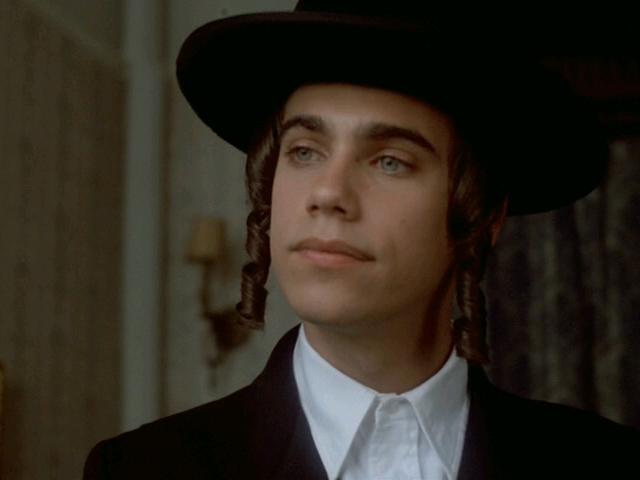
- Barry Miller’s grounded performance as Benson’s friend
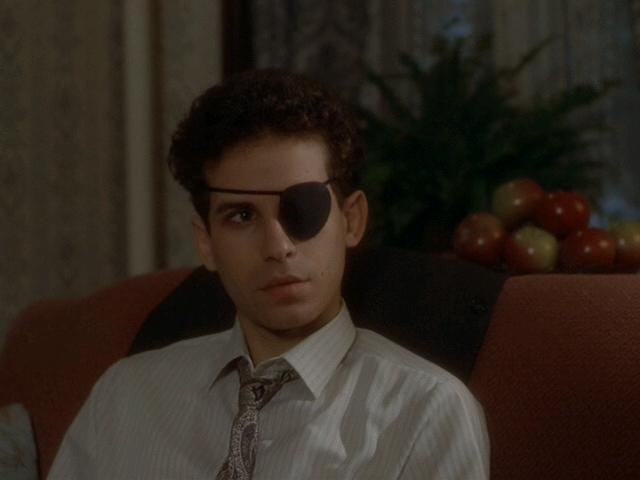
- Rod Steiger as Benson’s ultra-Orthodox rabbi father
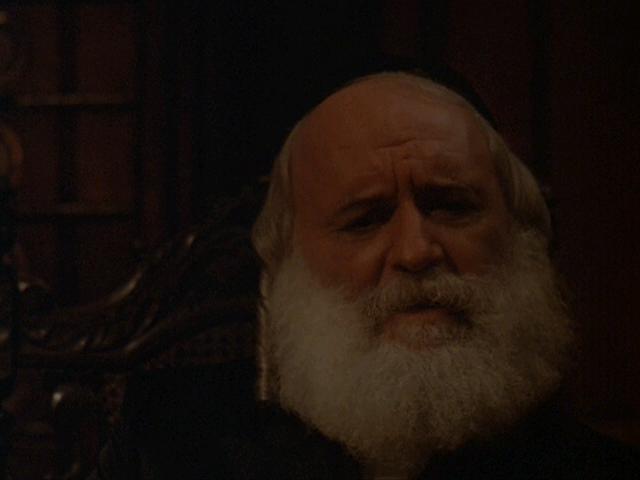
- Maximilian Schell as Miller’s Zionist father
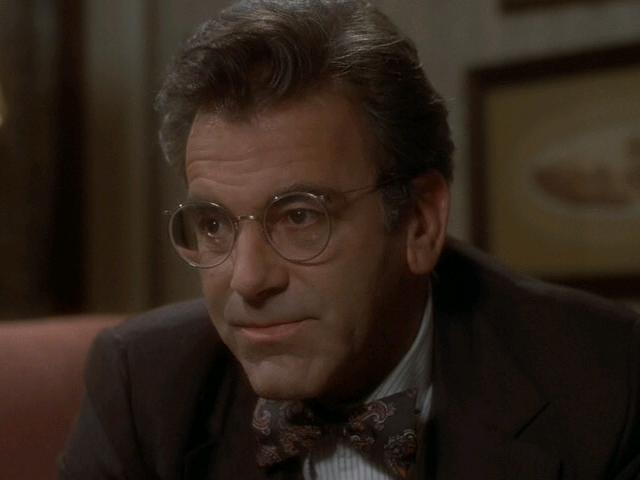
- A powerful portrait of filial loyalty
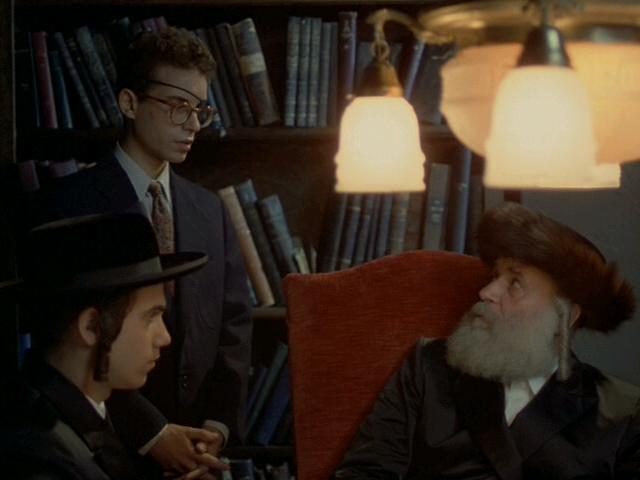
- A unique historical glimpse at mid-century Jews’ debate over the creation of Israel
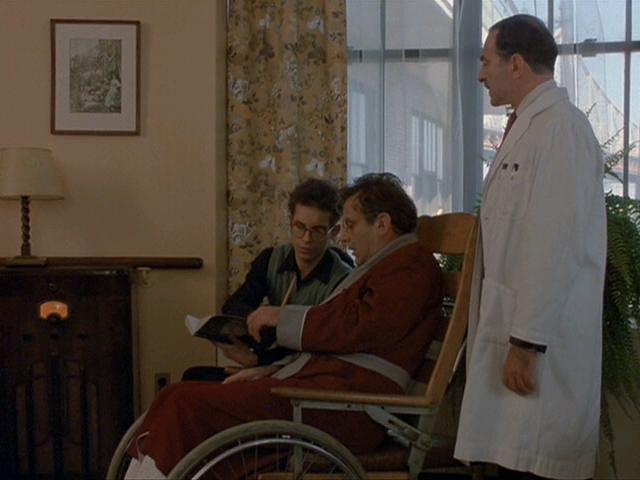
Must See?
No, but it’s definitely worth renting at least once.
Links:
|
